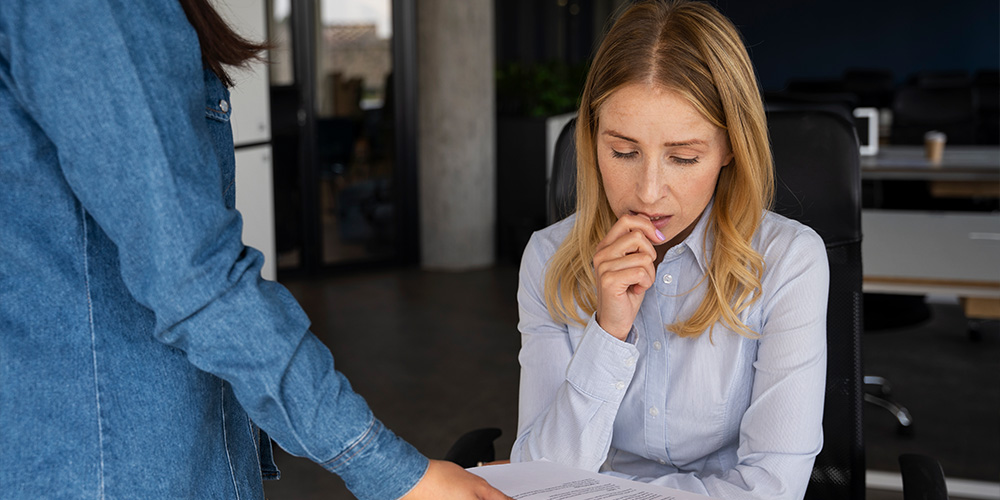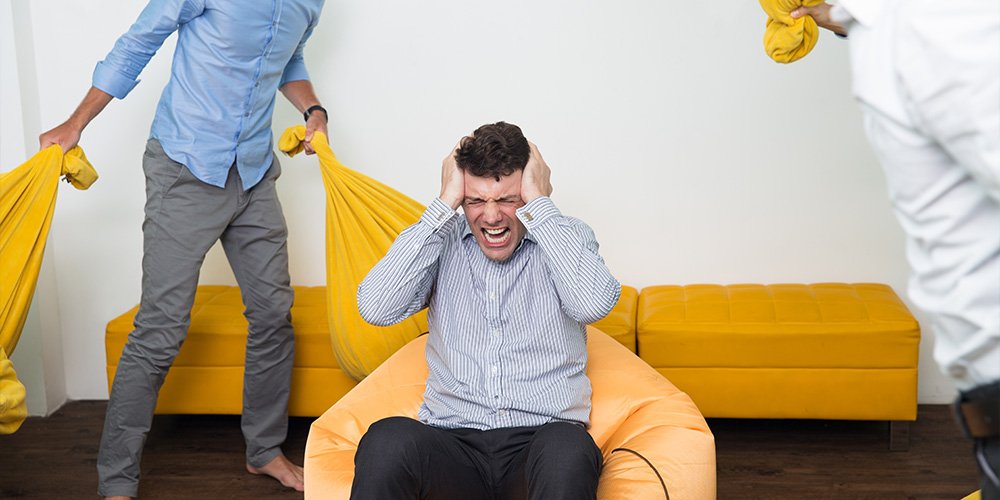Many children exhibit the habit of “nail-biting“. However, adults use the term to describe thrilling or tense situations. This is because nobody has any idea how it will end or what they have to do in such situations.
Nail biting, also known as onychophagia in medical terminology, refers to the habit of biting and chewing nails, including toenails.
Experts report that nearly 30% of the population exhibits this habit.
Understanding Onychophagia
Onychophagia usually starts in childhood. Some common causes of this condition include feelings of insecurity, feelings of threat, or an inability to express one’s feelings, which can lead to an increased level of stress and anxiety.
In adults, the condition develops when they are frustrated, unhappy, or depressed. In such situations, nail biting gives them an unknowing comfort.
Sometimes, people develop this habit by observing others who already have it, or simply as a way to pass the time when they are bored.
Remember, if you don’t treat the condition promptly, it could persist for a lifetime.
Effects of Nail biting
Nail biting affects an individual’s life in some way or another. The following are some negative impacts this habit might have on an individual’s life:
Dental problems, such as misalignment and damaged teeth, affect the overall jaw.
Infection in the nail bed
Illness and stomach upset are caused by bacteria that easily pass from your nails to your mouth.
When their family and friends criticize them for this habit, it can lead to self-doubt. It becomes one of the trigger points for depression and a lack of confidence.
Tips to Stop This Habit
The sooner the better:
If you see your child start doing it, please do not ignore it and try to stop him or her immediately. While it’s common to believe that the child will eventually understand, it’s crucial that you help them understand its effects and encourage them to stop.
Keep in mind that your child won’t abandon this habit overnight; it requires effort and assistance to break. Hence, the longer the duration of this habit, the more time the concerned person will spend to get rid of it.
But this doesn’t mean you should start scolding your child for the habit. Doing so will only increase his anxiety level, make him feel embarrassed, and give him or her a reason to move into a shell.
Observe the triggers:
You must be aware of the trigger point. For example, if the person is overthinking or finds a task difficult to complete, Boredom could also be a major contributing factor. OCD patients frequently exhibit this behavior, and nail biting exacerbates the issue.
How to break the habit of biting your nails
Don’t let the nails grow; keep them short, as the famous proverb says, “The flute cannot play if there is no bamboo in the first place.”
Try to cover your hands. It is possible that if the nails are not visible, the concerned person will not bite them.
There are many liquids on the market that can help you get rid of this habit. Although these liquids have a foul-tasting lacquer, when applied to the nails, their taste becomes extremely awful, causing the concerned person to stop biting.
“Self-monitoring alone can reduce the behavior—it’s challenging to write or type while biting your nails simultaneously.” Meghan McMackin, Ph.D., a clinical postdoctoral fellow at Austin Anxiety and OCD Specialists “Taking a moment to log your nail-biting requires you to break the rhythm of the nail-biting and reflect on the behavior.
“After doing so, many people can skip biting their nails at that specific moment, gradually targeting the habit.”
Cognitive behavioral therapy and habit reversal training are also very helpful; however, you should try them under the supervision of a mental health expert only.
If necessary, seek professional medical care.
Do not wait or struggle to get rid of this habit; just call and make an appointment at your nearest mental health clinic. We have the best rehabilitation facilities in India, and one of the best and most renowned is Athena Luxus . You can call +91 9718921212 or email us at customercare@athenabhs.com, and one of our representatives will reach out to you.
Also Read:
Mental Health and Wellness
Tips and Effective Strategies for Managing Anxiety and Stress
How Does Drug Addiction Affects Your Health For a Long-Term
How To Prevent Development of Depression and Anxiety In Children?




